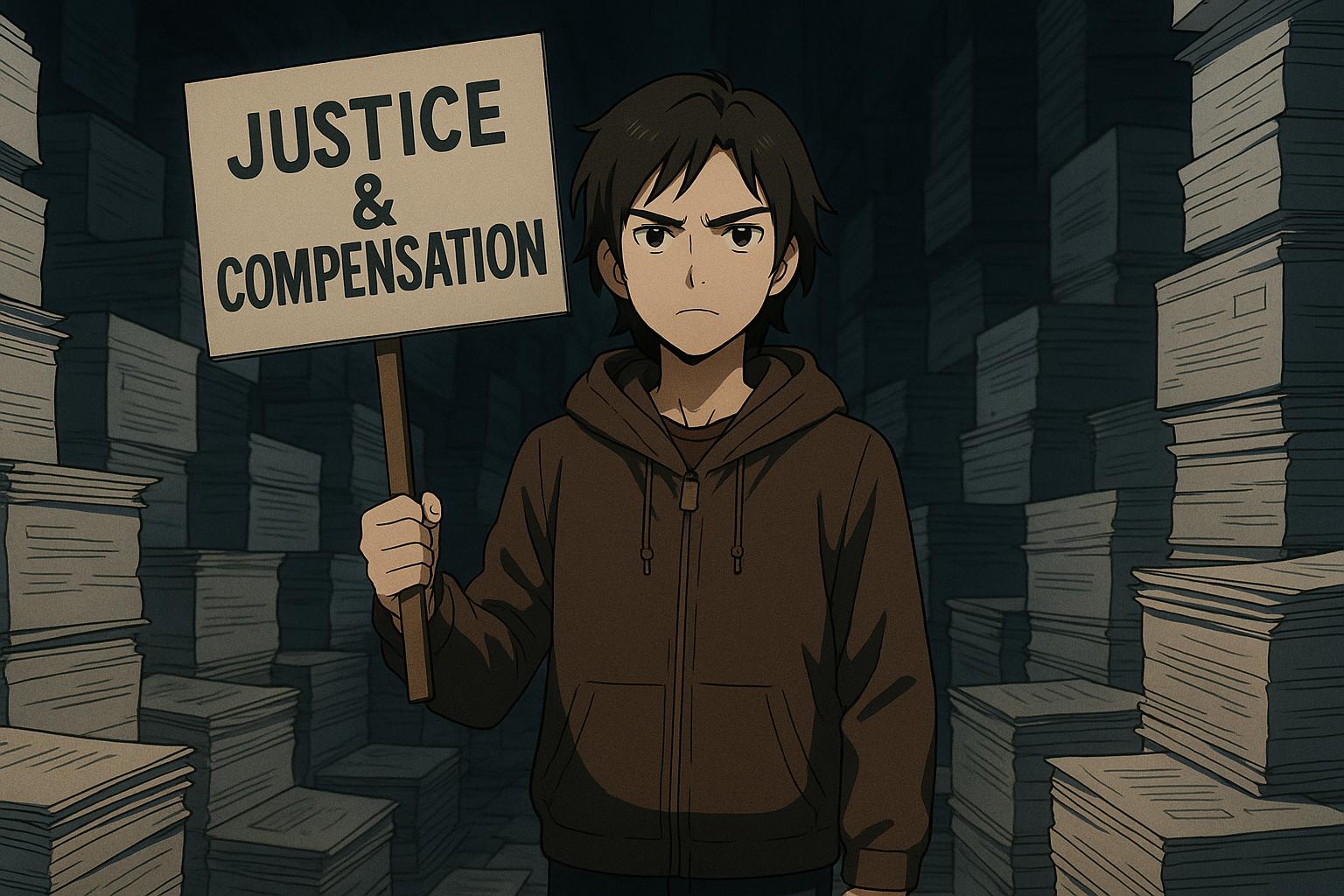The UK's recent handling of compensation claims related to the Post Office Horizon scandal reveals a government utterly out of touch with justice, as accusations mount regarding the continued suffering of the victims. Sir Alan Bates, a key campaigner in this ongoing saga, has been vocal about the fundamentally flawed compensation scheme, branding it as “quasi-kangaroo courts.” His experience—being offered a mere 50% of his legitimate claim—highlights a broader incompetence in the government's efforts to deliver proper redress.
This situation encapsulates a damning systemic failure, affecting over 900 sub-postmasters wrongfully accused of theft and fraud due to the disastrous Horizon accounting software. Liam Byrne, chair of the Commons Business Committee, has consistently raised the alarm, decrying the government's neglect of calls for an independent and effective compensation framework. "The very system designed to deliver redress now delivers delay," Byrne stated, insisting that the current state of affairs is intolerable and demands prompt overhaul.
The Horizon scandal stands as one of the UK's most shocking miscarriages of justice, with wrongful prosecutions stretching from 1999 to 2015. While a recent High Court ruling compelled the government to organise compensation measures, victims like Sir Alan remain trapped in a labyrinthine process with no fair resolution in sight. Critics have pointed out how the overly bureaucratic compensation scheme often offers paltry sums, rendering it utterly inadequate for those who have suffered so greatly.
Tax expert Dan Neidle has further lambasted the compensation scheme, calling it “rigged” against claimants, with a torturous application process and scant support for victims attempting to navigate it. Alarming reports of coercive tactics discouraging victims from following through on their claims underscore a deeply concerning approach to compensation. Advocates for the victims demand drastic changes to the compensation system to ensure a fair process, stressing the lasting psychological trauma endured by those wrongfully accused due to these systemic failures.
While the government claims to recognise the pain of victims—pointing to a purported £1 billion allocated for compensation as evidence of their commitment—many, including Sir Alan, see these current offers as outright insults. For those who have faced years of distress and loss, the promises ring hollow, indicating a disconnection from the real experiences of individuals seeking justice.
Amidst these discussions looms the continued involvement of Fujitsu, the company responsible for the flawed Horizon system. Though Fujitsu has acknowledged its failures and apologised, pledging financial support for victim compensation, many question the adequacy of mere monetary recompense in addressing the profound devastation inflicted on lives and businesses.
As demands for reform intensify, advocates like Sir Alan Bates maintain the call for an independent body to oversee compensation—a sentiment shared by countless individuals seeking genuine justice. With many victims still grappling with the fallout from this scandal, it becomes increasingly clear that the struggle for accountability and resolution is only beginning. The government must confront the extensive complexities of policies and public discontent, ensuring that genuine justice for victims rises stubbornly to the forefront of its reform agenda.
Source: Noah Wire Services
